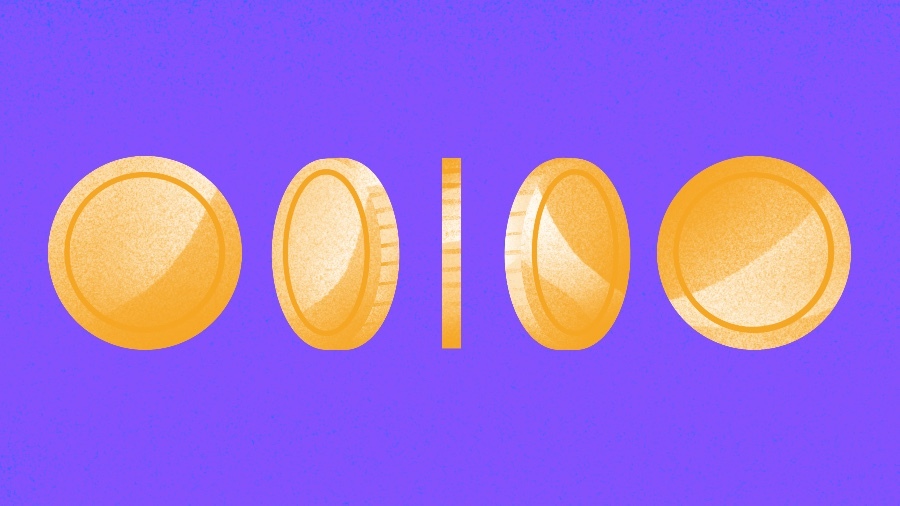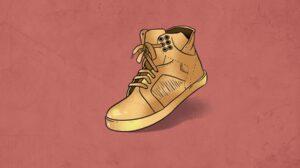Bird, the scooter startup that once blazed the fastest trail ever to a unicorn valuation, is now worth a little more than the asking price of its founder’s Miami mansion.
While that doesn’t sound good, it’s actually an improvement from a few days ago. The scooter-sharing platform got a boost when it announced Tuesday that it has secured new funding.
That news sent shares skyrocketing about 25%, which sounds like a more momentous development than it really was. Bird shares were only selling for around 11 cents each on Monday, and the big lift took them to a whopping 13 cents. By Wednesday they were back around 12 cents.
Search less. Close more.
Grow your revenue with all-in-one prospecting solutions powered by the leader in private-company data.
So, investors may like Bird a little more than they did a few days ago. But they’re still treating it as a company likely going belly-up. Bird’s market capitalization — down 98% from its peak — is around $39 million. That is roughly the sum its founder was originally seeking for the South Florida mansion he bought in flusher times.
Scooting into oblivion?
It’s a sharp comedown for a one-time venture capital darling. Launched in 2017, Bird orchestrated one of the splashiest debuts in startup history with the fast rollout of its branded, standup scooter rentals in city after city.
Funding followed. The company pulled in over $600 million in VC funding over roughly two years. In 2021, it inked a deal to go public through a SPAC merger at a target valuation of $2.3 billion.
After listing on NYSE, money-losing Bird has been scooting downhill ever since. Founding CEO Travis VanderZanden stepped down in September, after seeing the value of his stake shrink along with the share price. The current CEO, Shane Torchiana, has been pushing the company on a cost-cutting path, touting goals such as a “rightsized footprint, focus on asset efficiency,” and “new cost discipline.”
It’s an uphill scoot. Bird bolstered the case for its imminent demise in its quarterly earnings report this month, disclosing that without fresh cash there won’t be enough money to meet obligations this year. This, it said, was one of multiple factors that “raise substantial doubt about the company’s ability to continue as a going concern.”
Things looked a bit more encouraging this week, when Bird put out a press release announcing it secured additional funding, bringing total new capital to almost $33 million this year. The company said it is also expecting another $10 million. It may also help that while Bird does burn cash, it also generates sizable revenue, bringing in $245 million in 2022.
A losing bet
Still, even if Bird survives, the verdict on it as a venture investment is already clear: It was a losing bet.
For startup backers, the damage isn’t limited to Bird either. In total, well over $5 billion in venture funding went into assorted startups engaged in the renting, charging and making of scooters in roughly the past six years. Crunchbase identified at least 34 such companies, with Lime, Bird and Gogoro ranking as the most heavily funded.
Unlike most rivals, however, Bird is seeing its faltering fortunes play out very publicly on the public market.
Meanwhile, on the real estate front, things also aren’t working out as hoped for founder VanderZanden. After spending $22 million on a mansion formerly owned by a Venezuelan drug trafficker on the ICE most wanted list, the one-time scooter mogul hasn’t had much luck finding a new buyer. The asking price for the house, originally $40 million, has been cut to $33 million. Right now, that’s just a little bit less than Bird’s market cap.
Illustration: Dom Guzman

Stay up to date with recent funding rounds, acquisitions, and more with the Crunchbase Daily.



![Illustration of toast with $ toasted in. [Dom Guzman]](https://news.crunchbase.com/wp-content/uploads/Forecast-dollar-sign-470x352.jpg)





67.1K Followers